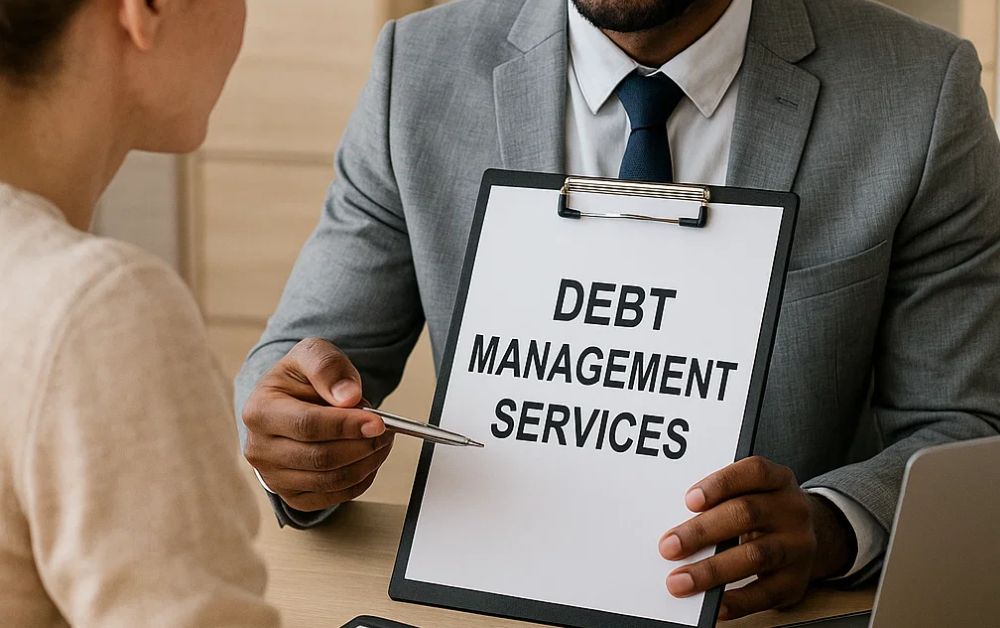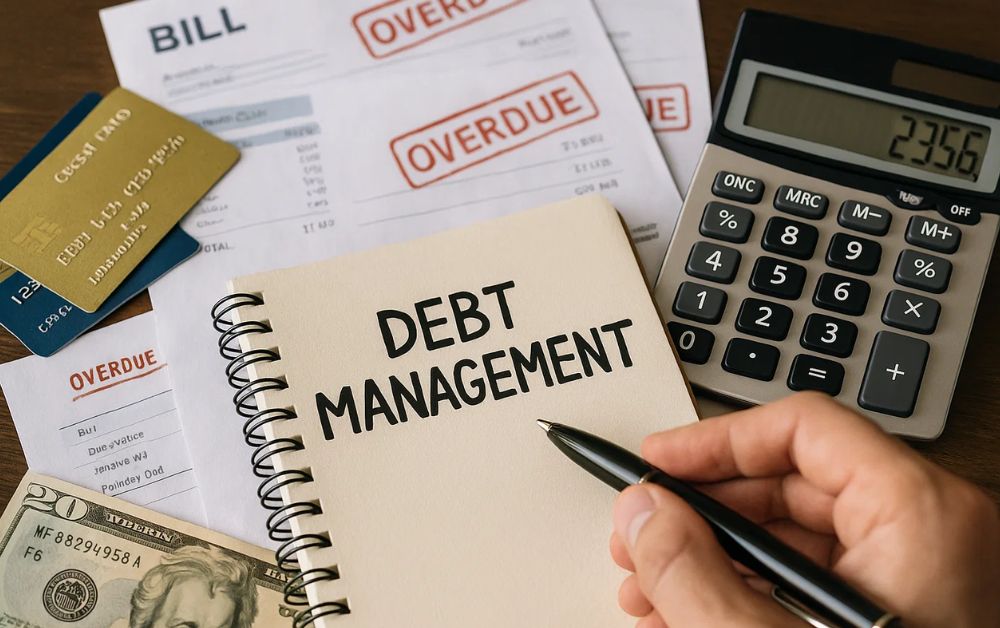Solo managing debts is the thrifty and responsible method to get your finances back on track. With millions of do-it-yourself guides, budget planners, and cost-cutting tips on the internet, it becomes easy to be tempted to solve debt issues yourself. Yet, although being proactive is a good thing, managing debts yourself can often result in significant mistakes. In this blog, we will explore the most common mistakes people make when paying off their debts independently and why consulting expert Debt Management Services in Dubai can provide a more secure and organized path to financial freedom.
1. Overlooking the Complete Picture of Your Debt
Perhaps the most prevalent error is underestimating the total breadth of your debt. Many individuals view a single or double high-interest loan and overlook minor debts, which, in turn, accumulate interest and late charges in the background. Without a transparent and accurate picture of all pending commitments—whether credit cards, loans, or personal IOUs—your payoff plan can be flawed from the outset.
What to Do Instead: Begin with a comprehensive list of all debts, including balances, interest rates, due dates, and lenders. This will help you prioritize and allocate payments.
2. Using Credit to Pay Off Debt
It’s surprisingly common for individuals to rely on one credit source to pay off another, such as using a new credit card to pay off an old one. This strategy, often referred to as “robbing Peter to pay Paul,” only shifts the debt rather than reducing it. It can also lower your credit score and increase your total interest burden over time.
A Better Option: Pay off high-interest debt first (the avalanche method) or begin with small debts to build momentum (the snowball method). Or seek the advice of Debt Management Services in Dubai to discuss organized payment plans without putting yourself into further debt.
3. Skipping Payments or Making Minimum Payments Only
When times are tough, it’s easy to be tempted to skip a payment or make only the minimum payment. This might bring momentary relief, but it lengthens the repayment period and significantly increases the overall cost of interest. Additionally, missing a payment can lower your credit score and trigger penalties.
Tip: Always try to pay more than the minimum, even if it’s a small amount. Create reminders or utilize automatic payments to prevent missed due dates.
4. Not Creating and Adhering to a Budget
Debt management without a tight budget is like traveling without a map. You might have the best of intentions, but you’ll probably end up lost. A budget doesn’t just monitor income and spending but also serves to pinpoint areas to trim, allowing more money to be spent on paying off debt.
Solution: Utilize budgeting spreadsheets or apps to record each rupee or dirham spent. Check your budget regularly, either monthly or weekly, to stay on track. Dubai-based Professional Debt Management Services can also help you create a realistic and sustainable budget that suits your needs.
5. Not Prioritizing Emergency Savings
When attempting to pay off debt, so many people forget to create an emergency fund. This is a fatal flaw. Without savings, the first unplanned expense—such as a medical crisis or car trouble—can send you further into debt.
What You Can Do: Begin small. Saving as little as AED 100 per month can help create a financial cushion in the future. The aim is to break the reliance on credit whenever life delivers an unexpected blow.
6. Disregarding Debt Settlement or Negotiation Options
The majority of individuals believe what they owe is absolute and non-negotiable. Yet, several creditors will negotiate interest rates and payment schedules or even accept a smaller amount in payment, particularly if they fear that you might default.
Mistake to Avoid: Don’t assume that creditors won’t negotiate. Instead, call them to brief them about your situation and ask for more favorable terms. If negotiation proves too daunting, Debt Management Services in Dubai usually have professional negotiators who can negotiate on your behalf.
7. Ignoring the Emotional and Mental Stress
Debt is not only an economic problem—it’s also very emotional. Attempting to do everything yourself can create anxiety, disrupted sleep, and bad choices. Many people keep it hidden out of shame or pride, which only exacerbates the situation.
Advice: Don’t suffer in silence. Discuss your concerns with a trusted friend, counselor, or financial advisor to alleviate the burden and gain new insights. Professional debt advisors not only provide solutions but also emotional comfort.
8. Refusing Professional Help
The most significant error of all is to assume professional assistance is not needed or is too costly. Numerous reputable debt management services in Dubai offer complimentary consultations, flexible payment terms, and access to useful resources and tools that can greatly enhance your financial circumstances.
Why This Matters: Trained professionals can help consolidate your debt, negotiate more favorable terms, and develop a personalized strategy tailored to your specific financial situation. They often have relationships with creditors and insights into the latest debt relief programs that are not readily available to the public.
Conclusion
Working with your debt on your own is commendable, but it can be dangerous without the proper tools, discipline, and information. The path to financial independence is rarely direct or easy, and alone, you might be vulnerable to unnecessary pitfalls. From missing a budget to overlooking negotiation techniques, the errors outlined in this blog are common and avoidable.
If you’re stuck or feel overwhelmed, seeking help isn’t a sign of weakness—it’s a wise financial decision. Dubai’s Professional Debt Management Services are on hand to guide you through the process, providing both strategic and emotional support. Allow pride or myths to stand in your way. The appropriate assistance can be the difference between getting through debt alive versus taking charge of it.
Begin your path to financial independence today—because you don’t have to do it alone.





